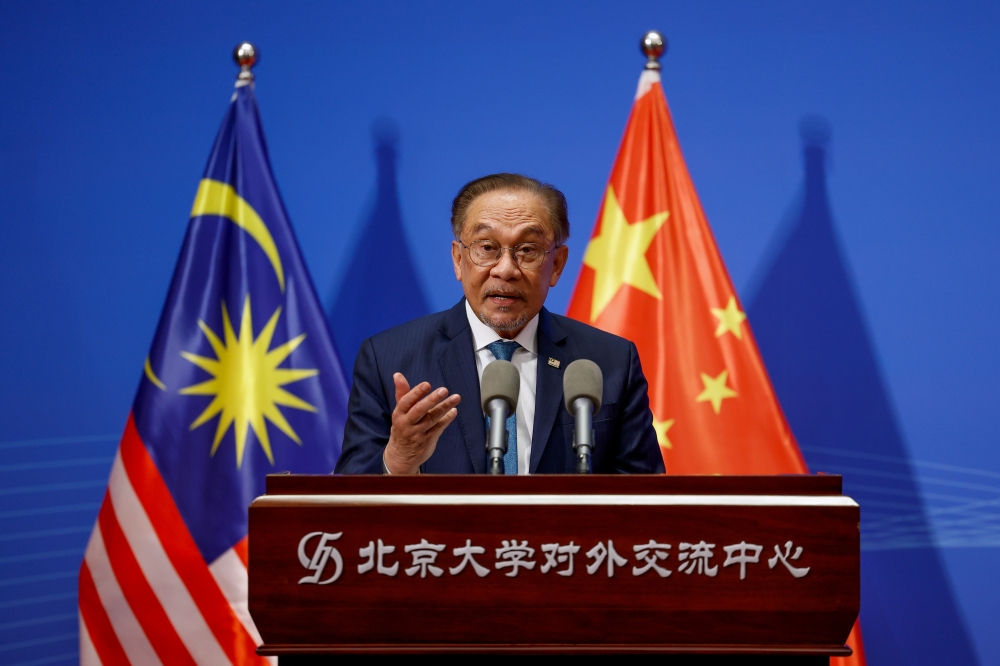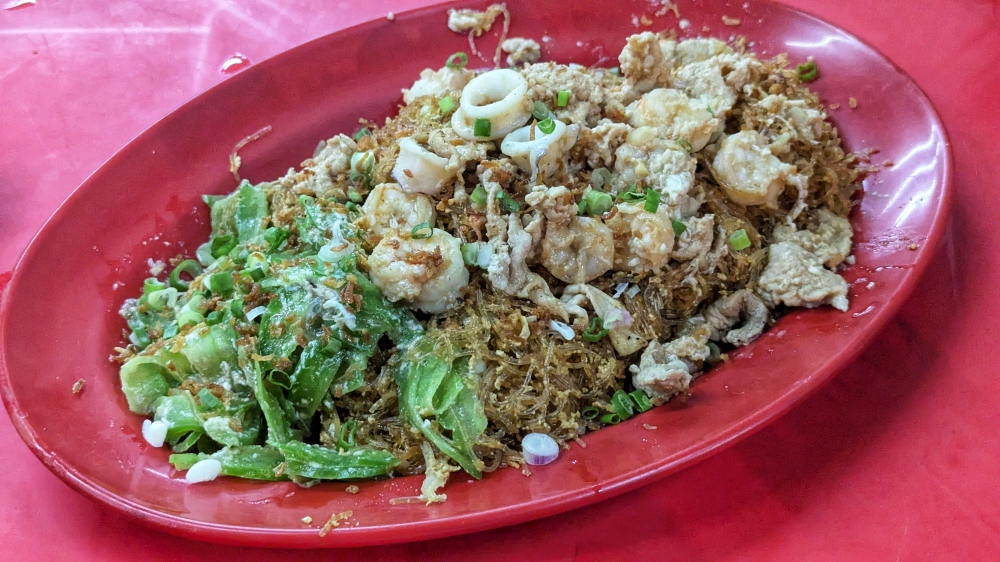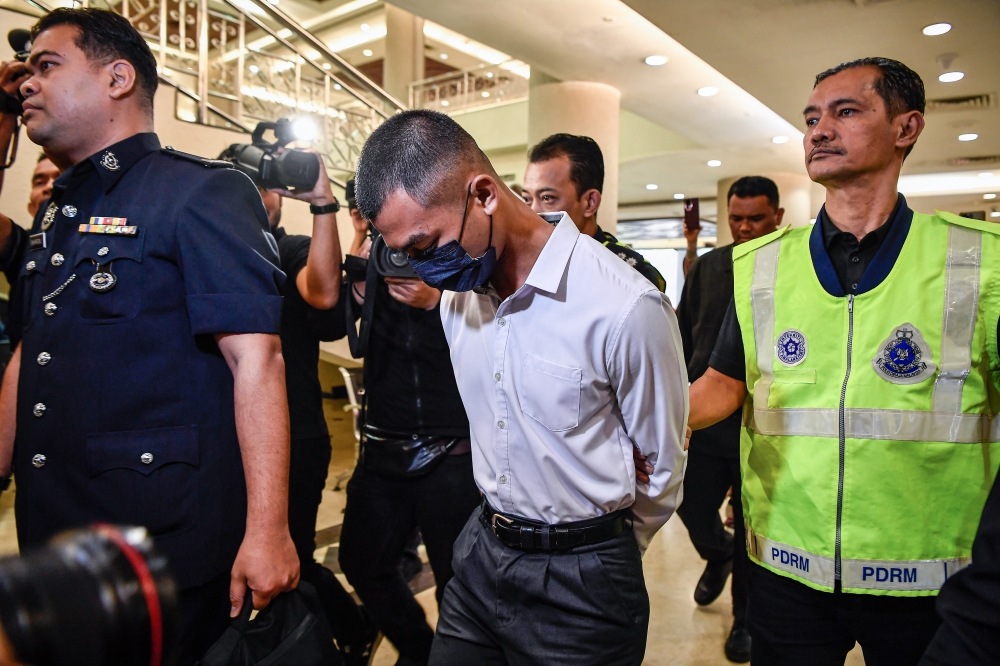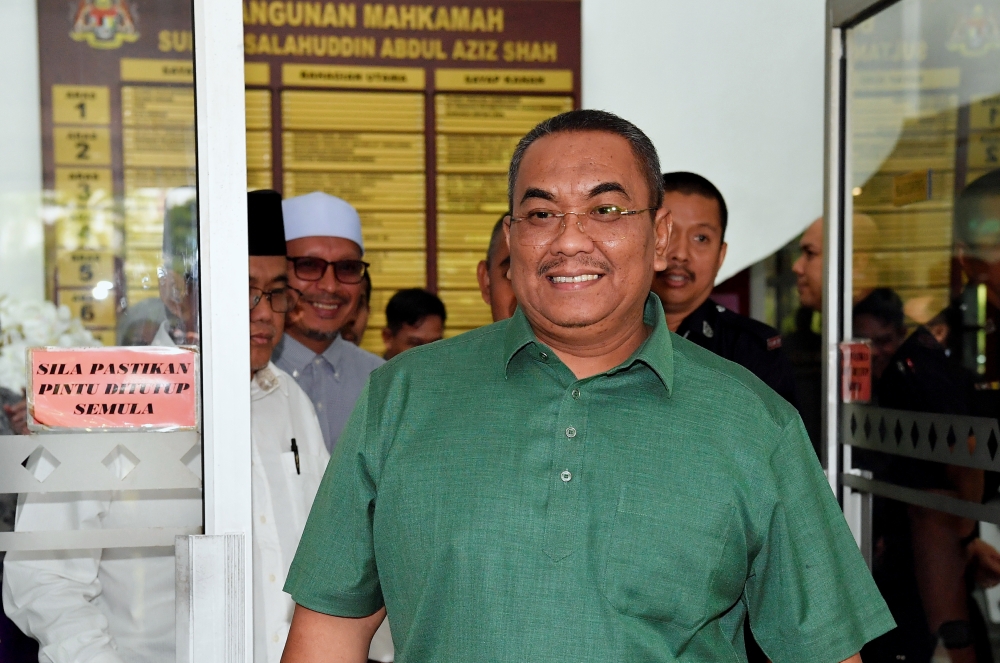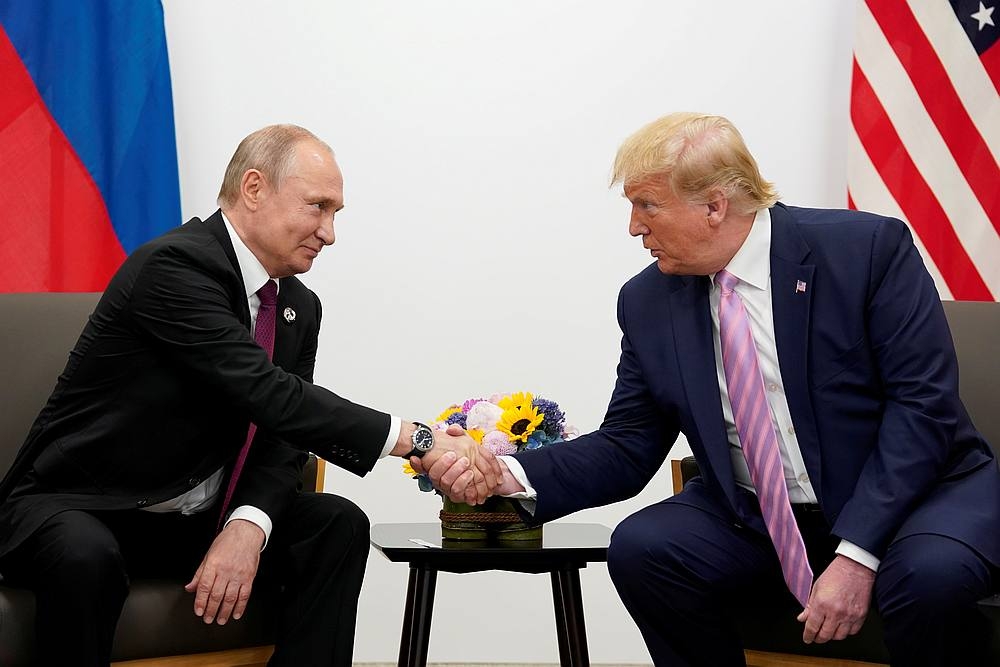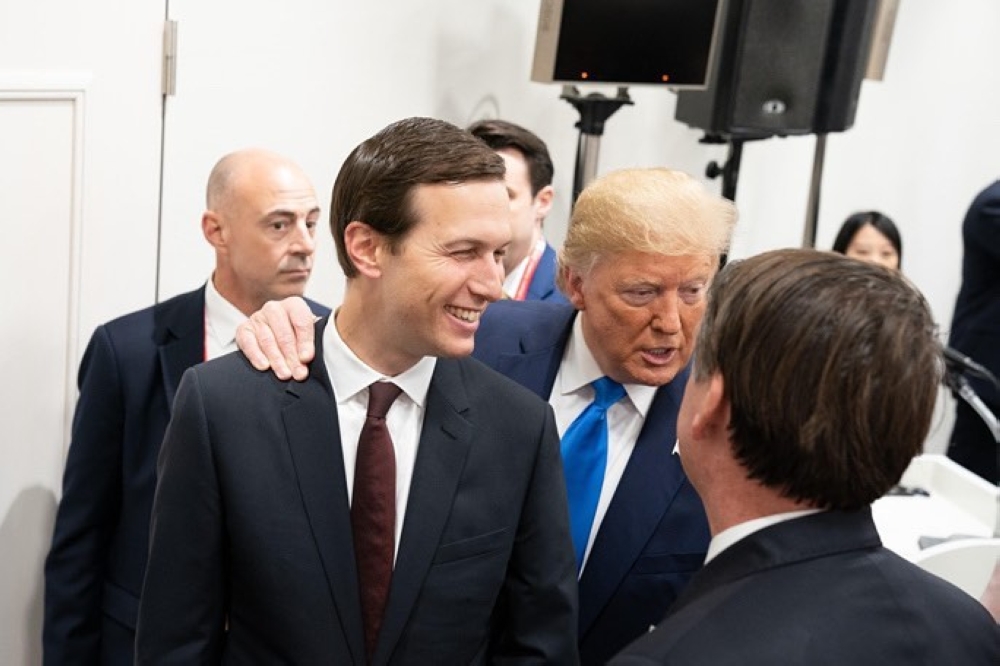PARIS, June 2 — Since Russia’s invasion of Ukraine, the list of Europe’s woes keeps growing as it battles rising food and energy prices and continued disruption caused by the Covid-19 pandemic.
From political upheaval to battered industries and the threat of a migration crisis, European leaders face myriad threats to the stability and prosperity of the old continent.
Here is an overview:
‘Anti-system politics’
Europe’s population is under increasing pressure as the war in Ukraine stokes energy and food price rises and inflation generally accelerates.
A study by the insurance company Allianz Trade believes “the worst is to come” in terms of food prices, with an average increase of €243 (RM1,140) in an individual’s food budget per year in the European Union.
“In the medium term, the cost of living crisis raises demands on governments to mitigate some of the impact,” said Laurence Allan, the director of Country Risk Europe at S&P Global Market Intelligence.
Europeans may turn to radical politics, particularly if governments implement austerity measures.
The 2008 financial crisis was “the catalyst for the expansion of so-called anti-system politics”, said Allan.
Traditional parties were suddenly faced with multi-fronted challenges to their dominance, with the emergence of parties such as Syriza in Greece, Five Star and Lega in Italy and Podemos in Spain, Allan added.
In France, “the three main political forces are now the centre, the far left and the far right”, said Agathe Demarais, global forecasting director at The Economist Intelligence Unit (EIU).
Both the far left and the far right in France have made purchasing power their main theme during the April presidential elections and for the upcoming June parliamentary polls.
Battered industries
Western sanctions imposed on Russia’s economy aim to cut off the country’s income funding the war, but also inadvertently harm Europe’s economy.
“The sanctions against Russia mostly weigh on the European Union, are beneficial to China and don’t cost the US anything,” said France’s former ambassador to Russia Jean de Gliniasty in the monthly French Journal of National Defence (RDN).
The German car industry is in particularly deep waters.
Already hit by shortages of semiconductors due to Covid-19 shutdowns, Germany’s auto industry is also facing “rising prices, particularly of metals, due to the Ukraine war,” said Demarais.
“On top of that they are very exposed to the Russian market,” she added.
Airbus buys half of its titanium from the Russian company VSMPO-Avisma, but is looking for alternatives.
Boeing buys a third of its titanium from Russia but said in March that it would no longer be dealing with VSMPO.
Dwarfed by China on one side and the US on the other, European industries will have to invest massively to preserve a form of financial autonomy — made more difficult by pressure to increase pay to limit inflation.
Meanwhile China’s zero-Covid strategy, which involves rapid lockdowns, mass testing and long quarantines to try and eliminate infections, has added to disturbances of world trade.
Migration crisis
The Ukraine war and Western sanctions on Moscow are disrupting supplies of wheat, fertiliser and other goods, compounding difficulties faced by Africa and potentially leading to increased migration.
In case of a huge influx, “disagreements are on the horizon” between European countries which would echo the 2015 crisis sparked by the arrival of Syrian refugees, said Demarais.
“The subject will be politically instrumentalised by some movements”, with uncertain consequences, said Allan, pointing to Spain, where a fragile coalition is in power and where general elections are due in 2023.
“In a context of high inflation, tensions can restructure the European political landscape,” said Elvire Fabry, a researcher on Europe at the Paris-based think-tank Jacques Delors Institute.
Divisions
Disagreements between European leaders over how to handle the war against Ukraine are also simmering under the surface.
“Despite the talk of European unity, there are fractures, we can see it in the facts,” said Jean-Marc Balencie, a French geopolitical analyst and author of the Uncertain Horizons blog.
The EU agreed earlier in the week on an embargo on Russian crude oil imports, but Hungary, Slovakia and the Czech Republic secured exemptions.
Beyond the war, Eastern European countries in particular “are virulently questioning the Franco-German dominance, which is at risk of fracturing the EU in the long term”, said Balencie. — AFP




